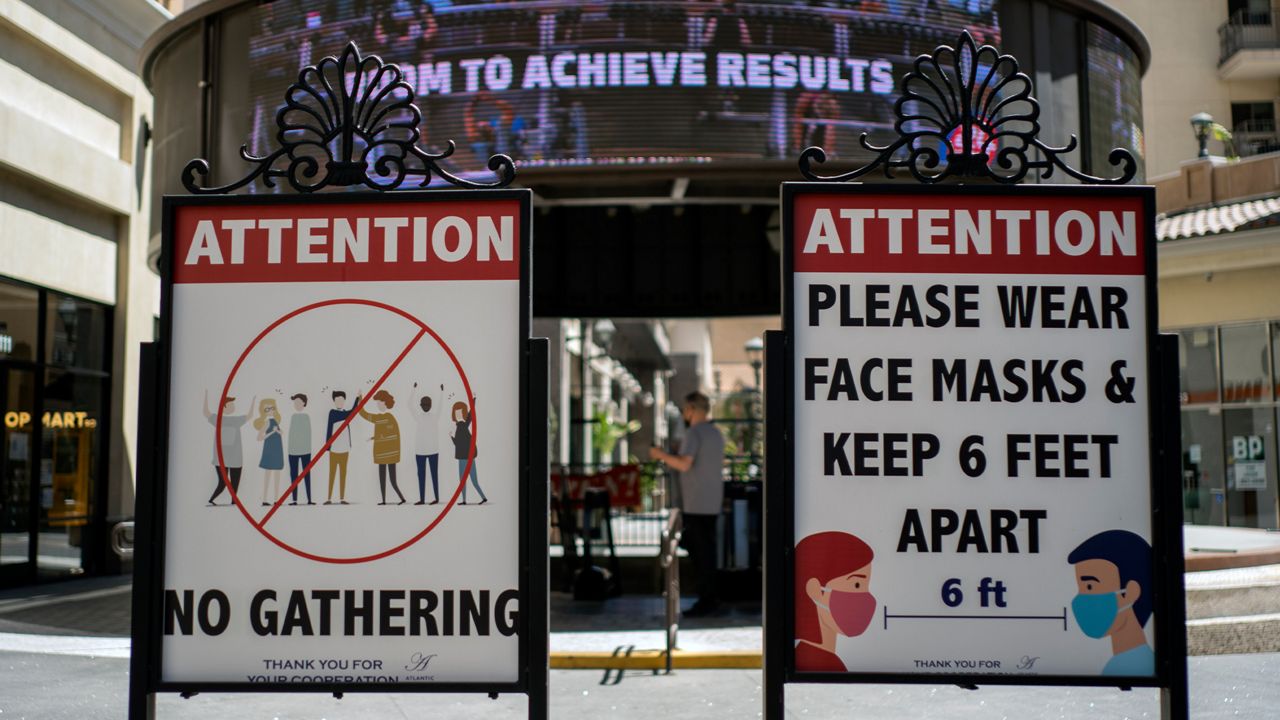LOS ANGELES (CNS) — Lingering uncertainties about the future of the COVID-19 pandemic makes the pace of California's economic recovery equally uncertain, although the state is still expected to outpace the nation as a whole, according to a recently released UCLA economic forecast.
"Although California began a significant recovery later than some other states due to the public health interventions in the state, we expect the California recovery to ultimately be, once again, faster than the U.S.," UCLA Anderson Forecast director Jerry Nickelsburg wrote in the report released Tuesday. "This is due to two reasons. First, Delta notwithstanding, the better public health outcomes should result in a more rapid return to normalcy.
"Second, the move to new ways of work and social interaction will disproportionately impact California through its technology laden sectors. The leisure and hospitality sector will be the last to recover due to the depth of the decline in this sector, the slower return of restaurant and bar services demand, and the sub-sectors dependent upon international tourism demand."
Nickelsburg said higher-income technical services will see a considerably faster recovery, along with residential housing construction thanks to increasing demand.
"In spite of the recession, the continued demand for a limited housing stock, coupled with low interest rates, leads to a forecast of a relatively rapid return of homebuilding," he wrote. "Our expectation is for 123K net new units in 2021 and continue to grow to 139K for 2023. Needless to say, this level of home building means that the prospect for the private sector building out of the housing affordability problem over the next three years is nil."
He predicted a third-quarter unemployment rate of 7.2% in the state, with the average for the year as a whole settling at 7.6%, followed by 5.6% next year and 4.4% in 2023.
Nickelsburg noted that the pandemic continues to cloud the economic future.
"Since the pandemic induced recession began in March 2020, we have asserted that the course of the pandemic, and the public health policy response to it, would be critical for the economic forecast," he wrote. "As well, we have pointed out that we did not know, and at this time we still do not know, what the future will bring with respect to the pandemic. Today there is less clarity, and therefore, the level of uncertainty remains high."



